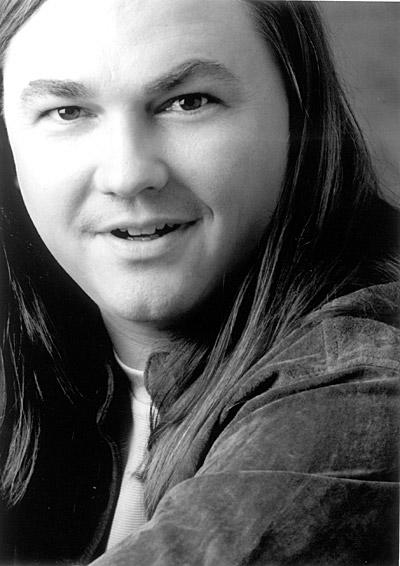Edwin McCain has tenacity. Most people barely remember him from his 1997 hit “I’ll Be,” and most probably aren’t aware that he has released three albums since then, including his most recent effort, “The Austin Sessions.” But, McCain’s got that voice that will make the girls swoon and by the way, he’s been endowed with the gift of great songwriting.
But in the cash cow environment of music, it’s simply neither a familiar sight nor a necessary trait to have.
Then there’s the issue of McCain getting lost within all the solo acoustic drudgery that has apprehended the airwaves in recent time, i.e. Jewel, David Gray, Jack Johnson, John Mayer and Ryan Adams – the supposed big boys of the genre. Lesser-known artists such as Pete Yorn, Ani Difranco and Shawn Colvin almost seem to have the one up on McCain, because these musicians have managed to have a more visible presence.
“The Austin Sessions” would seem to be a make-or-break gamble for McCain, but his doggedness to be his own man in the studio makes the release a small comeback.
With McCain’s most poignant album to date, the disc is an act of exultation to any singer-songwriter who gets on an open mic and bares his soul in front of four or five people in a random bar every night.
The album easily is an example of an artist who doesn’t care about catering to the mainstream or making money. “The Austin Sessions” is comfort music that reminds listeners that powerful music can come from an unpretentious musician and grassroots music can be diverse and interesting.
McCain sings about the innocence of youth, the destitution of relationships and the exhilaration of falling in love all through his astute storytelling — the songs are a slice of Americana only Bruce Springsteen could match.
In “The Austin Sessions,” McCain’s spellbinding voice and guitar are king; the album does not have an overproduced feel with double-tracked vocals or Pro Tools magic. There is only a slight presence of a saxophone or a flute here and there to add garnish — in fact those instruments are almost unnecessary as McCain is quite capable of getting his point across on his own.
On the first single, “I Want it All,” McCain sings he wants “The good, the bad, the happy and the sad,” and in many ways that sums up the experience of the record because lyrically all those elements are explored.
Some impressive covers also are present on the record, including Eric Hamilton and Jeff Armstrong’s “Popcorn Box” and a surprising Dire Straits cover of their romantic 1988 song “Romeo and Juliet.”
“The Austin Sessions” is an album no one will care about, but everyone should because it’s candid and unabashedly sensitive to the long forgotten ideal that music should be above image.
‘Wanting it all’: McCain opens up on new CD
March 10, 2003

‘Wanting it all’



